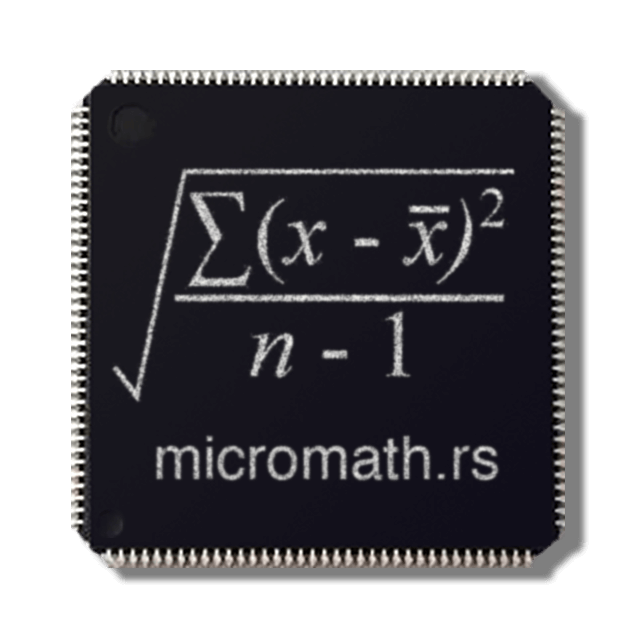1
2
3
4
5
6
7
8
9
10
11
12
13
14
15
16
17
18
19
20
21
22
23
24
25
26
27
28
29
30
31
32
33
34
35
36
37
38
39
40
41
42
use super::copysign;
use super::utils;
use super::utils::FloatComponents;
use core::f32;
use core::u32;
pub(super) fn trunc_sign(x: f32) -> f32 {
let x_bits: u32 = x.to_bits();
let exponent: i32 = x.extract_exponent_value();
if exponent < 0_i32 {
return copysign::copysign(0.0_f32, x);
}
let exponent_clamped = i32::max(exponent, 0_i32) as u32;
let fractional_part: u32 = x_bits.overflowing_shl(exponent_clamped).0 & utils::MANTISSA_MASK;
if fractional_part == 0_u32 {
return x;
}
let fractional_mask: u32 = fractional_part.overflowing_shr(exponent_clamped).0;
f32::from_bits(x_bits & !fractional_mask)
}
#[cfg(test)]
mod tests {
use super::trunc_sign;
#[test]
fn sanity_check() {
assert_eq!(trunc_sign(-1.1), -1.0);
assert_eq!(trunc_sign(-0.1), -0.0);
assert_eq!(trunc_sign(0.0), 0.0);
assert_eq!(trunc_sign(1.0), 1.0);
assert_eq!(trunc_sign(1.1), 1.0);
assert_eq!(trunc_sign(2.9), 2.0);
assert_eq!(trunc_sign(-100_000_000.13425345345), -100_000_000.0);
assert_eq!(trunc_sign(100_000_000.13425345345), 100_000_000.0);
}
}
